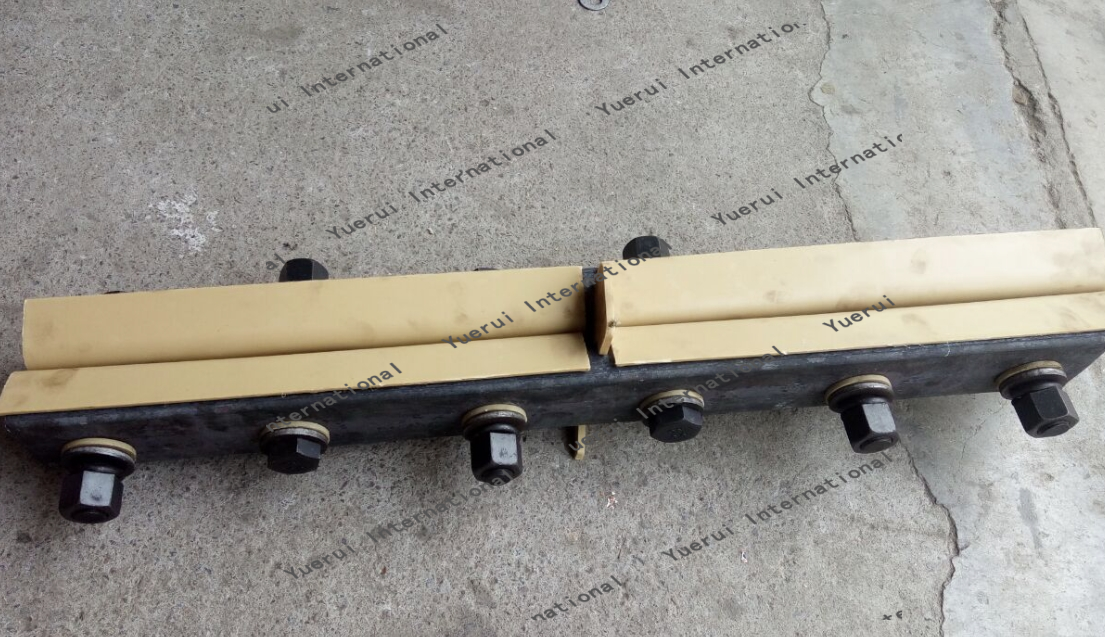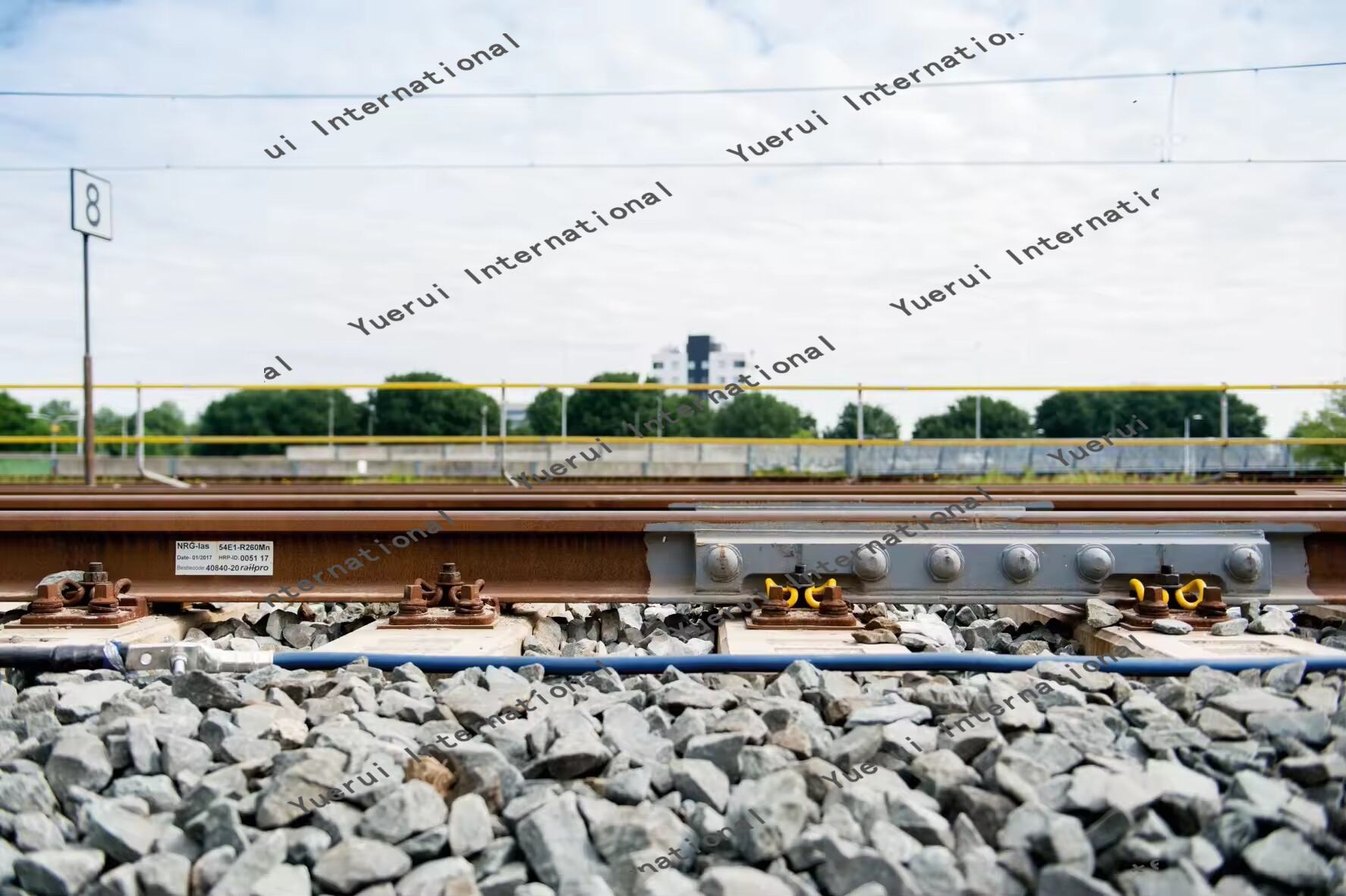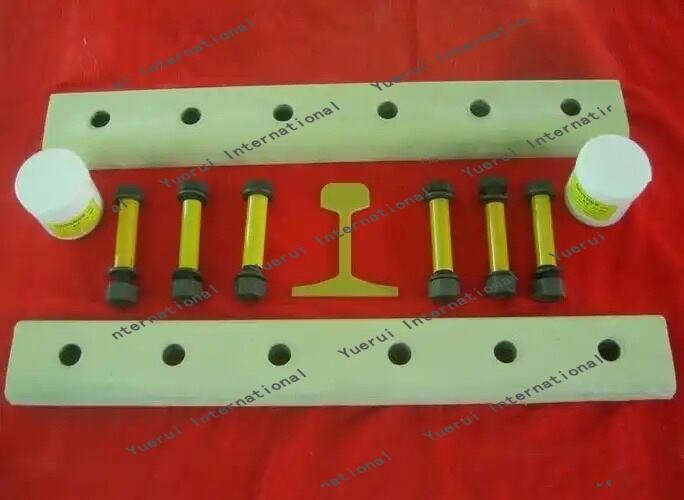monoblock insulating joint
A monoblock insulating joint is an essential component in pipeline systems, designed to provide electrical isolation while maintaining structural integrity and pressure containment. This specialized fitting combines electrical insulation and mechanical strength in a single, pre-manufactured unit, effectively separating pipeline sections to prevent electrical current flow. The joint consists of a central insulating section made from high-grade, non-conductive materials, encased within a robust steel housing. Its unique construction allows for the transmission of fluids or gases while creating an electrical barrier that protects against corrosion and interference from stray currents. The monoblock design eliminates the need for field assembly of multiple components, reducing installation time and potential points of failure. These joints are manufactured under strict quality control conditions, ensuring consistent performance and reliability. They are extensively tested for electrical resistance, pressure containment, and mechanical strength before deployment. Applications span across various industries, including oil and gas transmission, chemical processing, and cathodic protection systems. The joints are particularly valuable in areas where pipelines cross high-voltage power lines or where stray currents pose a significant risk to pipeline integrity. Modern monoblock insulating joints incorporate advanced materials and design features that enhance their durability and longevity, making them a crucial element in maintaining pipeline safety and operational efficiency.


